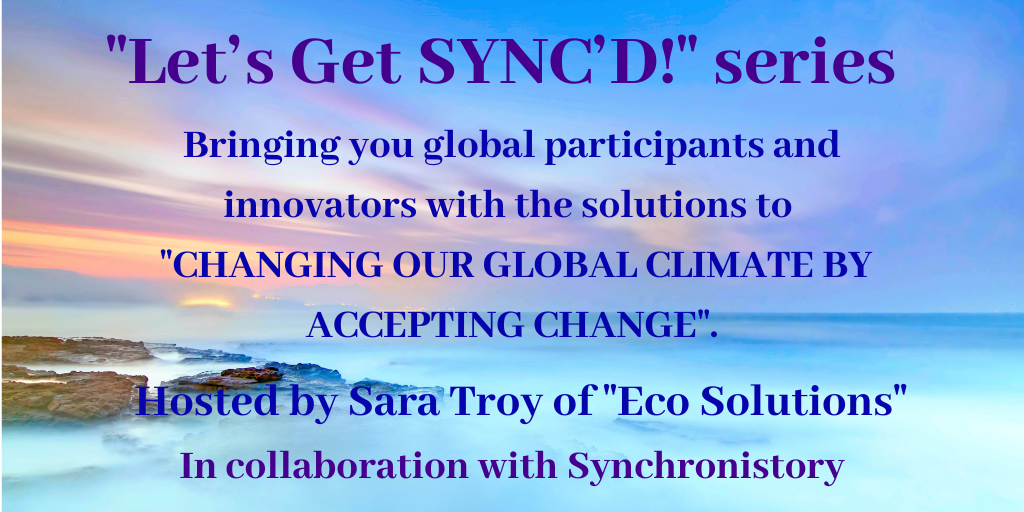
Simpol is a global citizens’ initiative that develops the necessary policies to solve global problems and its supporters use their votes to drive governments to act together to implement them.
The main barrier to solving global problems is that no government can move first or act alone because doing so would make its national economy uncompetitive, risking unemployment, capital flight, and economic decline. As former UK Prime Minister Tony Blair said, “The reality of the politics of climate change is that no country will be willing to sacrifice its economy in order to address this challenge.” [1] This remains true for all global problems. In a globalized economy, it will always be so. Governments are therefore caught in a “Prisoner’s Dilemma”. It’s not that they don’t want to solve global problems, but that they can’t. That, indeed, is why the wider global justice movement has achieved little: because it demands change from those – i.e., governments – who are incapable of delivering it.
That’s why Simpol’s condition of simultaneous implementation is vital: it breaks this vicious cycle, eliminates the risk of uncompetitiveness, and resolves the dilemma. If sufficient nations act together simultaneously, no nation loses out – everyone wins.
Simpol operates in two stages:
A. Politicians and governments are invited to support Simpol only in principle by signing a Pledge to implement its policies simultaneously, subject to all or sufficient nations participating, and subject to the policies eventually being agreed.
B. Once sufficient nations have signed, an international negotiation to define and agree detailed policies can proceed, followed by implementation.
Simpol also incorporates these key features:
1. Multi-issue policy packages
Simpol would consist of a series of multi-issue policy packages so that what a nation loses on one issue, it can gain on another. The losers on a climate agreement, for example, could be compensated by revenues from a currency transactions tax, so potentially making immediate action in every nation’s self-interest. And if the agreement is in everyone’s interests, so will be the inclusion of verification and enforcement measures. Simpol does NOT necessarily mean all nations implementing precisely the same measures. Rather, policies could be tailored to suit the needs and abilities of each nation. National sovereignty remains protected, because only policies requiring simultaneous implementation are included.
2. Citizens and NGOs develop the policies AND citizens use their votes to drive governments to implement them
By joining the campaign, citizens declare that they will “give strong voting preference at national elections to politicians or parties that have signed the Pledge”. As the voting bloc of Simpol supporters grows, politicians who sign increase their chances of gaining those votes. Those who don’t, risk losing those votes, and potentially their seats, to politicians who signed instead. In that way, Simpol doesn’t need a majority of voters to succeed – only the critical balance between the two main competing parties. This is the unique tool that Simpol uses and it’s vital because, as NGOs should by now realise, politicians can easily ignore petitions and protests, but they cannot ignore votes.
This political power also gives Simpol’s supporters strong influence over its policy content. To remain electorally attractive to our supporters, politicians and parties will have little choice but to adopt the global policies our supporters prefer. Global justice NGOs can also play their part by providing expert policy input to Simpol and by encouraging their supporters to join the campaign.
Should Simpol gain the support of democratic governments, non-democratic nations would be invited to participate. They need solutions to global problems too. If global support becomes sufficient and a global negotiation is successful, the first Simultaneous Policy can be implemented. Subsequent Simultaneous Policies can then follow. For details on the campaign, its policy development and implementation, please see https://simpol.org/fileadmin/user_upload/Policies/Simpol_-_Information_Pack.pdf
Progress so far
Simpol is active in a number of countries especially during elections. The campaign is most developed in the UK where over 100 Members of Parliament have signed the Pledge. They come from all the main UK political parties. A considerable number of MPs have also signed in Germany, Ireland, the EU, and some other countries. A list of all current pledged MPs is at https://simpol.org/who-we-are/pledged-politicians
Many politicians sign because of the strong electoral pressure Simpol exerts. In highly contested electoral districts, this often creates a ‘domino effect’: once one candidate signs, competitors are forced to follow so that, whoever wins the seat, Simpol is sure to gain another pledged MP. Others sign simply because they see Simpol as common sense. As one politician commented, “Global problems require global solutions and Simpol could well help us get to those solutions. The way in which the process neatly side-steps the issue of countries fearing to act unilaterally is quite excellent. I have signed the pledge and thank you for inviting me to do so.” [2]
Building movement coherence
Simpol is designed as a tool to network the wider movement for solving global problems. To achieve this, we suggest that each initiative in the wider movement make a list of all its policy demands. Then it should subject each demand to the following test:
Would the unilateral implementation of the demand by a single government, or by a restricted group of governments (eg. the EU), be likely to cause it a significant competitive disadvantage?
If the answer is NO, then unilateral implementation is viable and the NGO can pursue that demand in the usual way. If the answer is YES, then that demand requires simultaneous implementation and should be pursued in cooperation with Simpol. By differentiating demands in this way, we would immediately create movement coherence because NGOs would then be using the right campaigning tool for the right job.
Fully understanding Simpol’s potential requires a deeper change in our thinking – a move from nation-centric to world-centric thinking. Co-written with psychotherapist Nick Duffell, the psychological steps required to make that change are set out in our book The Simpol Solution https://simpol.org/who-we-are/simpol-the-book . As Noam Chomsky commented, “It’s ambitious and provocative. Can it work? Certainly worth a serious try.”
We at Simpol hope you’ll join in!
John Bunzl – Trustee

International Simultaneous Policy Organisation
TO LISTEN TO JOHN SHOWS WITH SARA ON SIMPOL SOLUTIONS

Brought to you by Sara Troy from Self Discovery Wisdom.com
Discover more from Self Discovery Wisdom Podcasts
Subscribe to get the latest posts sent to your email.
You must be logged in to post a comment.